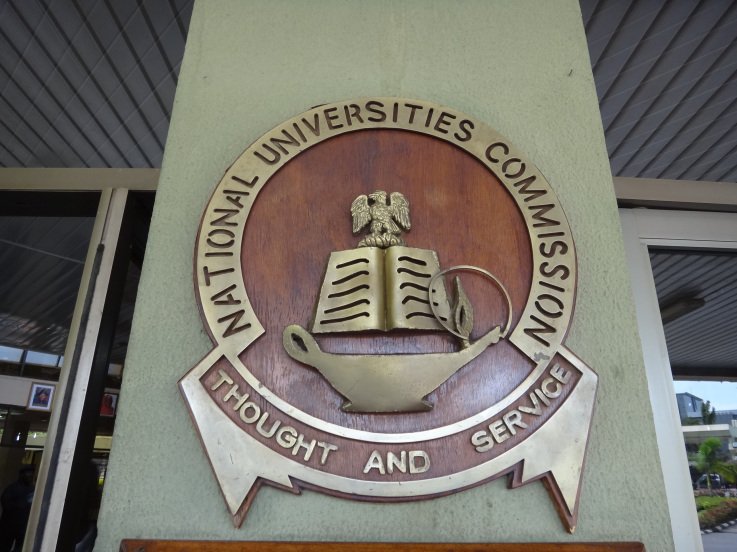NEWS
Nigerian Universities to resume January 18 after 9 months of ASUU strike

National Universities Commission (NUC) has directed vice-chancellors of universities to commence academic activities on January 18, in accordance with the directive of the Presidential Task Force (PTF) team on Covid-19, TopNaija can confirm.
Universities in Nigeria have been closed since following a strike action by the Academic Staff Union of Universities (ASUU) as well as the Coronavirus pandemic. ASUU suspended its 9-month old strike on December 23, 2020 after the federal government met their demands, including paying the lecturers their outstanding salaries using an older payment platform, GIFMIS, different from the controversial IPPIS.
The NUC says following the approval given by the Presidential Task Force on COVID19, universities can now resume academic activities. In a statement released, the deputy executive secretary (Administration) of the NUC, Chris Maiyaki, mandated officers on Grade Level 12 and below to remain at home for a period of five weeks as earlier directed by the federal government.
He urged university authorities to safeguard lives by strictly adhering to the extant safety protocols and the Nigeria Centre for Disease Control (NCDC) guidelines, which have been communicated severally to the Nigerian University System through NUC’s circulars.
“I am to add that universities on resumption of academic activities, must under no circumstance violate the full cycle of the semester system, consistent with the Benchmark Minimum Academic Standards (BMAS) approved by the NUC, as well as other extant quality assurance standards and guidelines,” the statement added.
The National Universities Commission of Nigeria is a government commission promoting quality higher education in Nigeria. It is in the capital city of Abuja. The commission was established in 1962 as an advisory agency in the Cabinet Office.





























